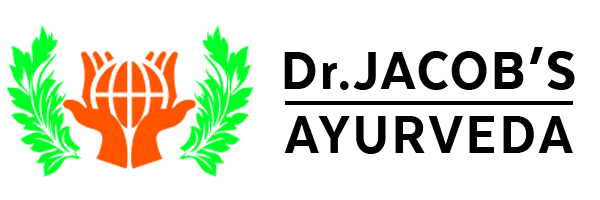Unlocking the Path to Paralysis Recovery – Holistic Approach
Introduction
Paralysis, a condition that disrupts the natural flow of life’s energies, can have a profound impact on an individual’s physical and emotional well-being. Ayurveda, the ancient holistic system of medicine, approaches it as a manifestation of imbalances in the body’s doshas, energies that govern our physical and mental functions. In this blog, we explore the Ayurvedic perspective on paralysis, its potential causes, and the holistic approaches to healing that promote restoration and rejuvenation.
Understanding Paralysis in Ayurveda
Ayurveda views it as a result of vitiated Vata dosha, often triggered by factors like trauma, improper lifestyle, and weakened immunity. The disruption of Vata’s natural flow in the body leads to diminished circulation, nerve damage, and muscle dysfunction – the hallmarks of paralysis. Imbalances in other doshas, like Pitta and Kapha, can exacerbate the condition.
Balancing the Doshas for Healing
Central to Ayurveda’s approach to paralysis is the restoration of doshic balance. To address Vata imbalance, treatments focus on grounding, warming, and nourishing practices. Abhyanga (oil massage) with warm herbal oils calms Vata, improving blood circulation and promoting nerve health. Swedana (herbal steam therapy) is also beneficial for relaxing muscles and stimulating blood flow.
Herbs and Formulations
Ayurvedic herbs play a vital role in paralysis management. Ashwagandha, known for its adaptogenic properties, strengthens the nervous system and supports the body’s resilience. Guggulu, a resin with anti-inflammatory properties, aids in reducing inflammation and promoting circulation. Additionally, herbal formulations like Rasayanas (rejuvenating tonics) can enhance tissue regeneration and nerve health.
Diet and Lifestyle Adjustments
Ayurveda emphasizes a nourishing diet that pacifies Vata dosha. Warm, cooked foods, rich in healthy fats and proteins, support tissue regeneration and provide sustenance. Including ghee (clarified butter) in the diet enhances digestion, nourishes tissues, and calms Vata.
Lifestyle practices such as Yoga and Pranayama (breath control) are integral to the Ayurvedic approach to healing paralysis. Gentle Yoga poses and controlled breathing techniques help strengthen muscles, improve circulation, and promote relaxation.
Mind-Body Connection
Ayurveda recognizes the profound link between the mind and body. Paralysis can often lead to emotional distress and anxiety. Practices like meditation, mindfulness, and self-care rituals foster emotional balance, reduce stress, and enhance overall well-being.
Consulting an Ayurvedic Practitioner
Individualized treatment is at the heart of Ayurveda. Consulting an experienced Ayurvedic practitioner is crucial to determine the personalized approach to paralysis management. They assess the individual’s doshic constitution, the root cause of the imbalance, and design a holistic treatment plan that includes dietary guidelines, herbal remedies, therapies, and lifestyle adjustments.
Conclusion
Ayurveda offers a holistic approach to healing paralysis by addressing imbalances at the physical, emotional, and spiritual levels. By harmonizing the doshas, incorporating nourishing practices, and embracing the mind-body connection, individuals on the journey of paralysis can experience renewed vitality and improved quality of life. While modern medicine has its role, Ayurveda’s time-tested wisdom can provide a complementary path toward holistic healing and recovery.
At Dr Jacobs Ayurveda and Panchakarma Hospital, we have our own Oushadhi Pharmacy (A Govt. of Kerala Undertaking) selling Authentic Natural and herbal medicines for different ailments.
